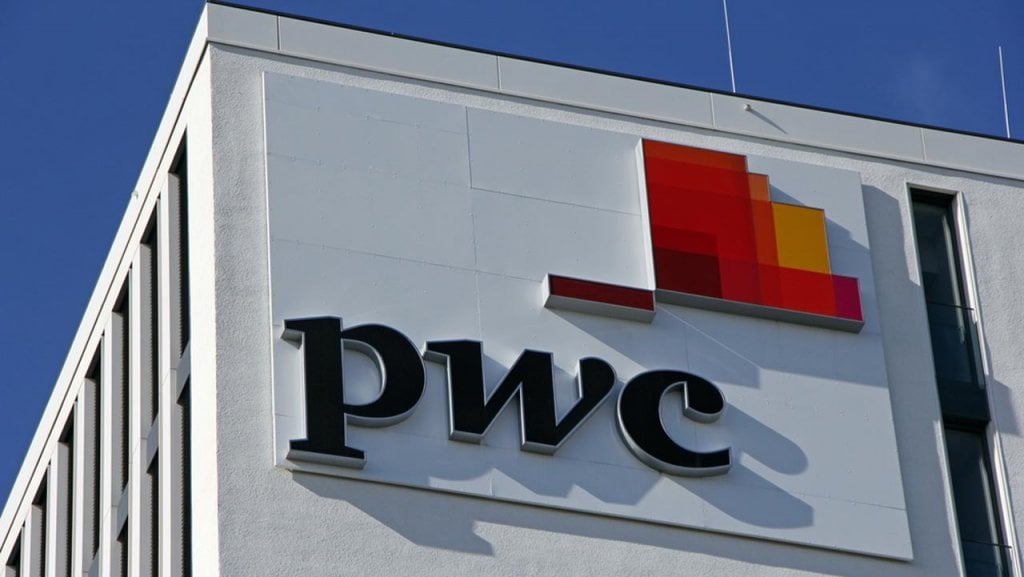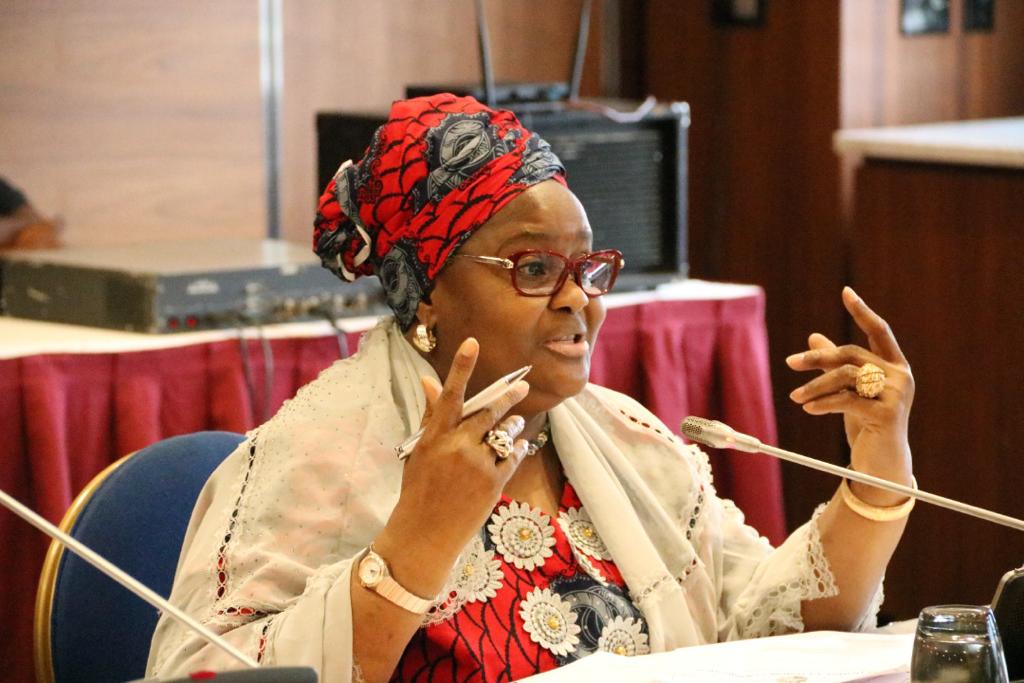PricewaterhouseCoopers (PwC) projects higher inflation and continued volatility in the foreign exchange (FX) market in August.
In its recently released report titled ‘Nigeria Economic Outlook’, the professional services firm said petrol subsidy removal and the adoption of a managed float exchange rate system is expected to mount additional pressure on inflation.
“Proposed new ministerial cabinet to drive economic direction and fiscal policy management,” the firm said in its outlook for August 2023.
“Implementation of new tax reforms to drive revenue generation.
Advertisement
“Inflation is expected to rise in the short to medium-term.
“Consumers are expected to be pressured by higher prices, causing demand to slow down.
“Wage adjustments unlikely to be adjusted simultaneously and proportionately.
Advertisement
“Further cuts in Monetary Policy Rate
(MPR) are not expected.
“The adoption of a managed float exchange rate is projected to cause volatility.
“Possible increase in crude production due to likely improved security architecture in the oil-producing regions.”
PwC warned that consumer spending may be adversely impacted by the elevated inflation rate (food 25.3 percent and core inflation 20.3 percent rates.) and fuel price (140 percent increase after subsidy removal).
Advertisement
The firm said business revenues may decline in the short-term, mainly due to direct impact input costs and reduction in disposable incomes.
PwC said continued inflationary growth and rise in the cost of living may slow real economic growth in the medium term.
The firm also that economic reforms such as the FX market liberalisation could gradually attract foreign investments and boost capital inflows in the long term.
It, however, said in the short run, investors will likely adopt a wait-and-see approach, which may be a result of the absence of further reforms to strengthen business and economic fundamentals.
Advertisement
The firm also said naira floating is expected to drive up the cost of imported raw materials.
“The naira value since the implementation of the policy had ranged between N472/$ and N771/$ from an average of N463/$ in May before the policy announcement,” the report reads.
Advertisement
“Though this may have a negative impact, it could provide incentives to corporates to explore local sourcing or backward integration in the medium term.”
Advertisement
Add a comment






